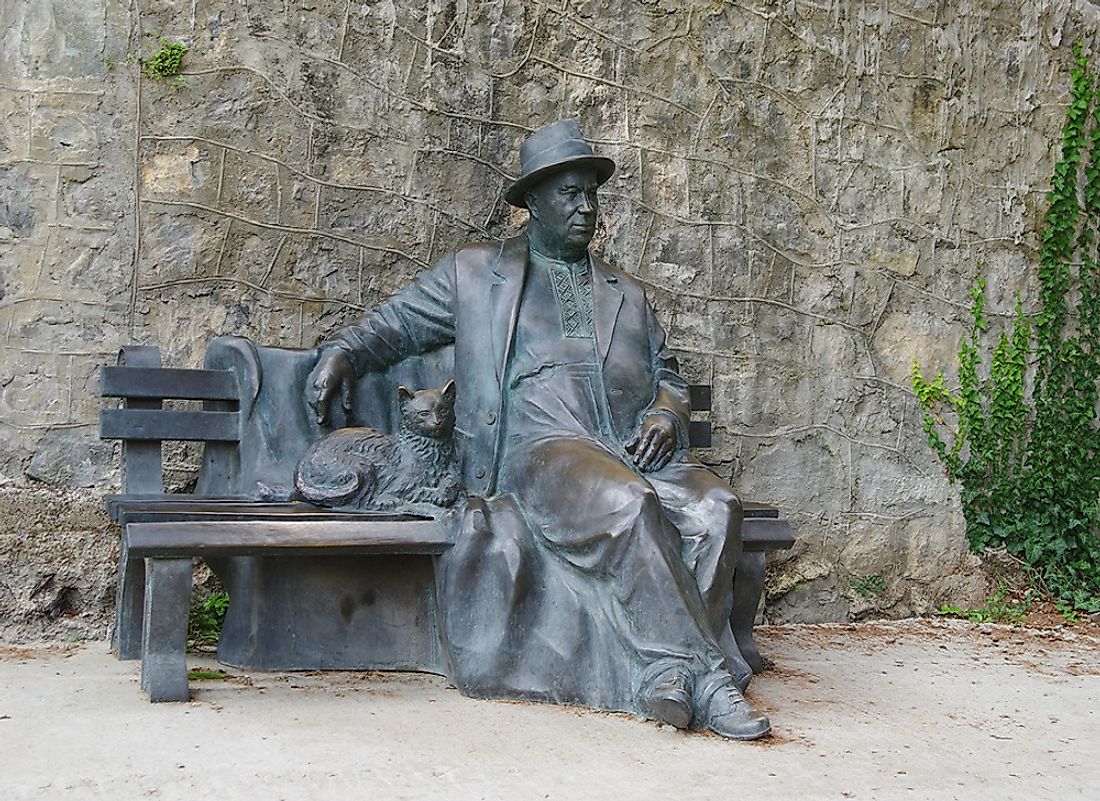Nikita Khrushchev - World Leaders in History

5. Early Life
Nikita Khrushchev was the First Secretary of the Central Committee of the Soviet Union's Communist Party from 1953 to 1964. Nikita was born to a poor coal mining family on April 15th, 1894, in what is now the Russian Federation's Khomutovsky District in the Kursk Oblast near the Russian-Ukrainian border. As a boy, he received only four years of formal education and spent most of his childhood working odd jobs to help support the family. At the age of fourteen, Khrushchev and his family moved to northern Ukraine, where he became a metal worker. In 1918, he joined the Bolsheviks in their efforts to overthrow the Russian government and fight in the Russian Civil War. This was Khruschchev’s first encounter with the Communist Party.
4. Rise to Power
Khruschchev moved to Moscow in 1929 to join the Stalin Industrial Academy. Over time, he slowly moved up through the Soviet Communist Party’s ranks, and eventually became a member of dictator Josef Stalin’s inner circle. One of his greatest early advancements came when Nikita became Secretary of the Moscow City Party Committee in 1938. There, he was put in charge of overseeing reconstruction of the Soviet subway system, with his work greatly impressing superior officials in the Soviet Communist Party. During World War II, he served as a political commissar in the army, and played a key role in planning the famous defense of Stalingrad in 1942, where the Russians achieved a decisive victory against the invading Nazi German forces. He worked in the Ukraine for a few years after the war, but was recalled to Moscow shortly before Stalin’s death in 1953, and became Stalin’s successor.
3. Contributions
In 1956, Khruschchev gave a famous speech to a few fellow Communist Party members in which he criticized Stalin’s oppressive and dictatorial leadership. He aimed to use his position to relax some of the restrictive Soviet policies, a process he called “de-Stalinization.” He tried to increase standards of living and agricultural production, while decreasing the power of the feared Soviet secret police. He also released many political prisoners from the Gulag camps. However, he held to a much stricter foreign policy, crushing a revolution in Hungary in 1956, and approving the construction of East Germany’s Berlin Wall in 1961. The Soviet space exploration program expanded under Khrushchev, and saw Russian Cosmonaut Yuri Gagarin become the first man ever to enter outer space in 1961.
2. Challenges
Despite his de-Stalinization efforts, Khruschchev faced some difficult situations in his own country, particularly in his relations with others. His plan to revitalize agriculture in the Soviet Union went over poorly, as did many other de-Stalinization projects, because he did not always think through every aspect of his policies before he implemented them. Relations between the Soviet Union and its largest Communist neighbor in Asia, China, grew cold and distant after Chairman of the Chinese Communist Party, Mao Zedong, heard about Khrushchev's negative feelings toward Stalin. In October of 1962, Khrushchev placed nuclear missiles on the coast of Cuba, just 90 miles from the United States' coastline. This led to the 13-day "Cuban Missile Crisis", which significantly increased tensions between the Soviet Union and the United States.
1. Death and Legacy
After Khruschchev backed down and agreed to remove his missiles from Cuba, other officials in the Soviet Communist Party thought he was not doing enough to maintain the Soviet Union’s strong reputation in the world. They also felt he had done too much to undercut their own power. By 1964 he was forced out of office, replaced by Leonid Brezhnev. Khrushchev died of a heart attack in 1971. Despite the great deal of controversy that remains regarding Khrushchev, his policies, and their implementation, many remember him as a national hero who put the Soviets into space, and assuaged much of the terror-driven political tactics and oppression that had been experienced under Stalin.







